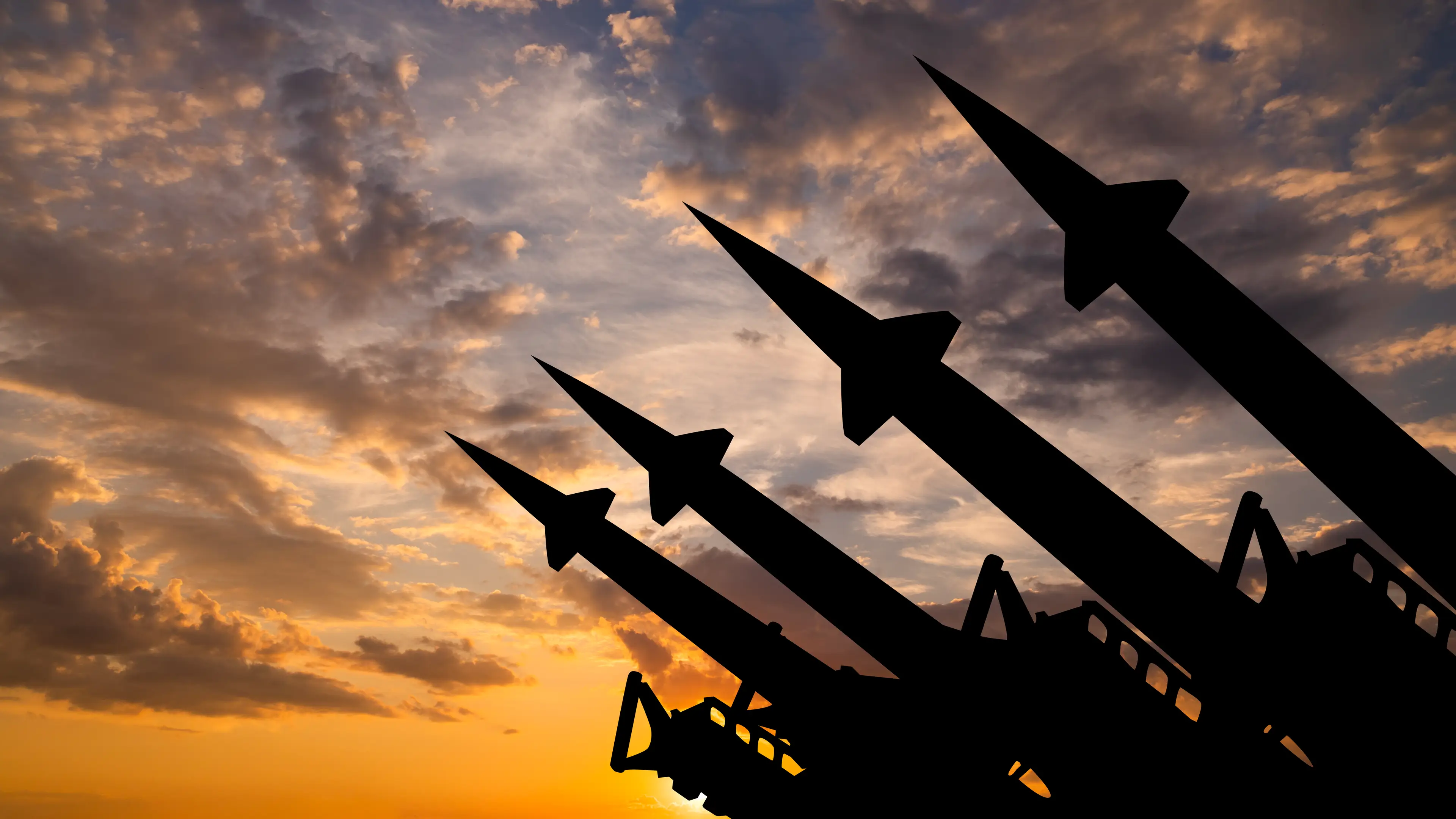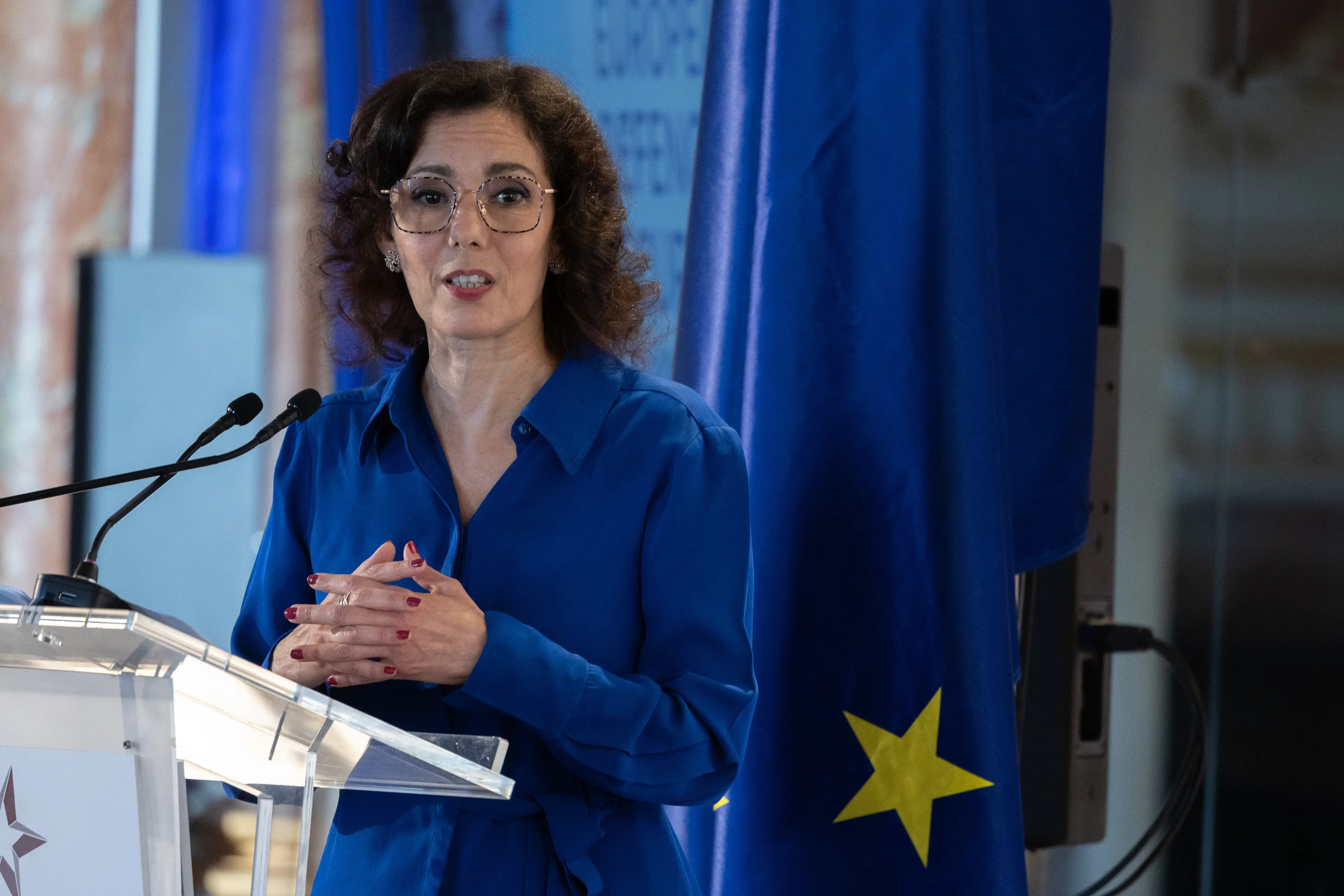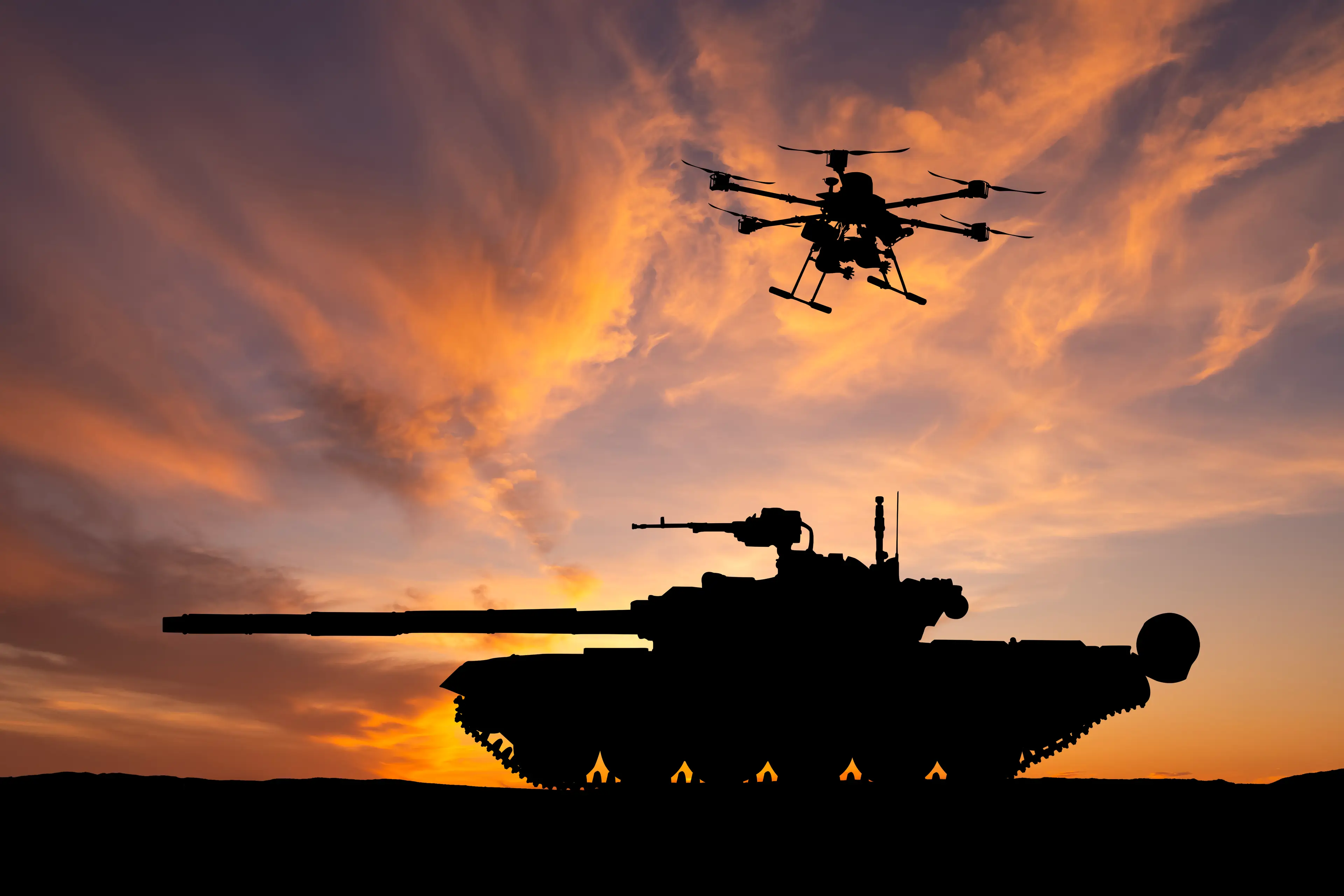
The European Union has announced it intends to stockpile an array of essential items in preparation for potential future crises.
"The more we prepare, the less we panic," Hadja Lahbib, the European Commissioner for Humanitarian Aid and Crisis Management, said while revealing the news on Wednesday (9 July).
The bloc, which is made up of 27 nations, said that this contingency plan will help maintain the status quo in the event of various emergencies, such as 'major energy blackouts, natural disasters, conflicts or pandemics'.
Food, water, medical supplies, vaccines and fuel are among the items which the EU will have in its disaster kit, and it is hoped this hoard of key supplies will sustain countries in worst-case scenarios.
Advert
And considering the state of the world at the minute, there's more than a few worst case scenarios which could come to fruition.
Between Russia's ongoing invasion of Ukraine, warnings that Vladimir Putin could launch an attack on NATO Baltic state members in the next few years and the rising threat of natural disasters, we've got a lot on our plate.
And that's barely touching the sides of what's unfolding on our doorstep - so you can understand why the EU wants to implement a decent strategy while there is still time to spare.

"The goal is very simple: to make sure that essential supplies that keep our societies running, especially the ones that save lives, are always available," Lahbib told a news conference.
All member states will be expected to pitch in with the stockpiling system so that the bloc can coordinate its supplies, ensure efficient resource allocation, and, ultimately, strengthen 'EU-level stockpiles'.
It seems Lahbib really doesn't want to relive the chaos which erupted when Covid-19 took hold, as Europe was plunged into crisis due to vaccine shortages and a lack of PPE.
Back in March this year, the Belgian politician said the globe had been 'caught off guard' by the pandemic, which led to 'unprecedented consequences'.
She told Euro News: "We have made significant progress over the past years, and we are much better prepared to face a new crisis. However, much remains to be done to be prepared to face the next health crisis.
"Supply chain issues and fragmented efforts still limit the availability of medical supplies. Risks from armed conflicts or CBRN incidents highlight the need for stronger cooperation between civilian and military sectors, as well as strengthening our health systems," she continued, adding that the EU 'cannot afford complacency'.
Although Lahbib wants all bases to be covered so that chaos doesn't ensue in the event of a crisis, she explained it's not a case of one size fits all when it comes to the specific preparations of member states.

"Of course, if you have a 1,000 kilometres border with Russia, you will feel threatened potentially by a war," Lahbib said. "But it is normal, that in Spain, they feel that wildfires are more likely to happen.
"There is no one size fits all."
However, the bottom line is that the impact of a lot of potential catastrophes wouldn't be that different - as whether it's a war, natural disaster or energy blackout, everyone will need essentials such as food, water, fuel and medicines.
Earlier this year, the EU urged people to prepare 'survival kits' which could tide them over for at least 72 hours due to the 'threats' the continent faces.
It seems the new stockpiling plan is just that, but on steroids.
Topics: World News, Politics, Health, Food And Drink